Society
How people group together, organise their rules and systems are all part of what create a society. In this section articles examine the nature of society how it interacts with other themes of culture, power, etc. and how societies have developed and changed over time. The structures of the ancient world are explored as are the complex feudal systems and the varied societies of Empire and modernity.
Sort by:
Date (Newest first) | Title A-Z
Show:
All |
Articles |
Podcasts |
Multipage Articles
-

Hearts, minds and souls: Exploring values through history
ArticleClick to view -

Helping Year 8 to understand historians’ narrative decision-making
ArticleClick to view -

Historical anniversaries calendar
ArticleClick to view -

History Teaching in Belarus: Between Europe and Russia
ArticleClick to view -

Inventing race? Using primary sources to investigate the origins of racial thinking in the past
ArticleClick to view -
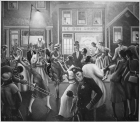
Lengthening Year 9’s narrative of the American civil rights movement
ArticleClick to view -
Martin Luther King - Judge for Yourself
ArticleClick to view -

New alchemy or fatal attraction? History and citizenship
ArticleClick to view -

Northamptonshire in a Global Context
ArticleClick to view -

Peterloo: HA interview with Mike Leigh and Jacqueline Riding
ArticleClick to view -
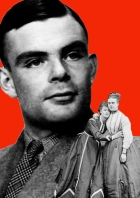
Podcast: The Historical Medicalization of Homosexuality & Transvestism
ArticleClick to view -
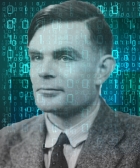
Podcast: The Life and Significance of Alan Turing
ArticleClick to view -
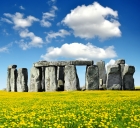
Polychronicon 126: Stonehenge
ArticleClick to view -

Polychronicon 131: At your leisure
ArticleClick to view -
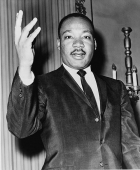
Polychronicon 138: The Civil Rights Movement
ArticleClick to view -
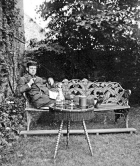
Polychronicon 145: Interpreting the history of the modern prison
ArticleClick to view -

Polychronicon 160: Interpreting 'The Birth of a Nation'
ArticleClick to view -
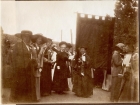
Polychronicon 174: Votes for Women
ArticleClick to view -

Putting black into the Union Jack: weaving Black history into the Year 7 to 9 curriculum
ArticleClick to view -

Recorded Webinar: Resisting Reagan
ArticleClick to view

